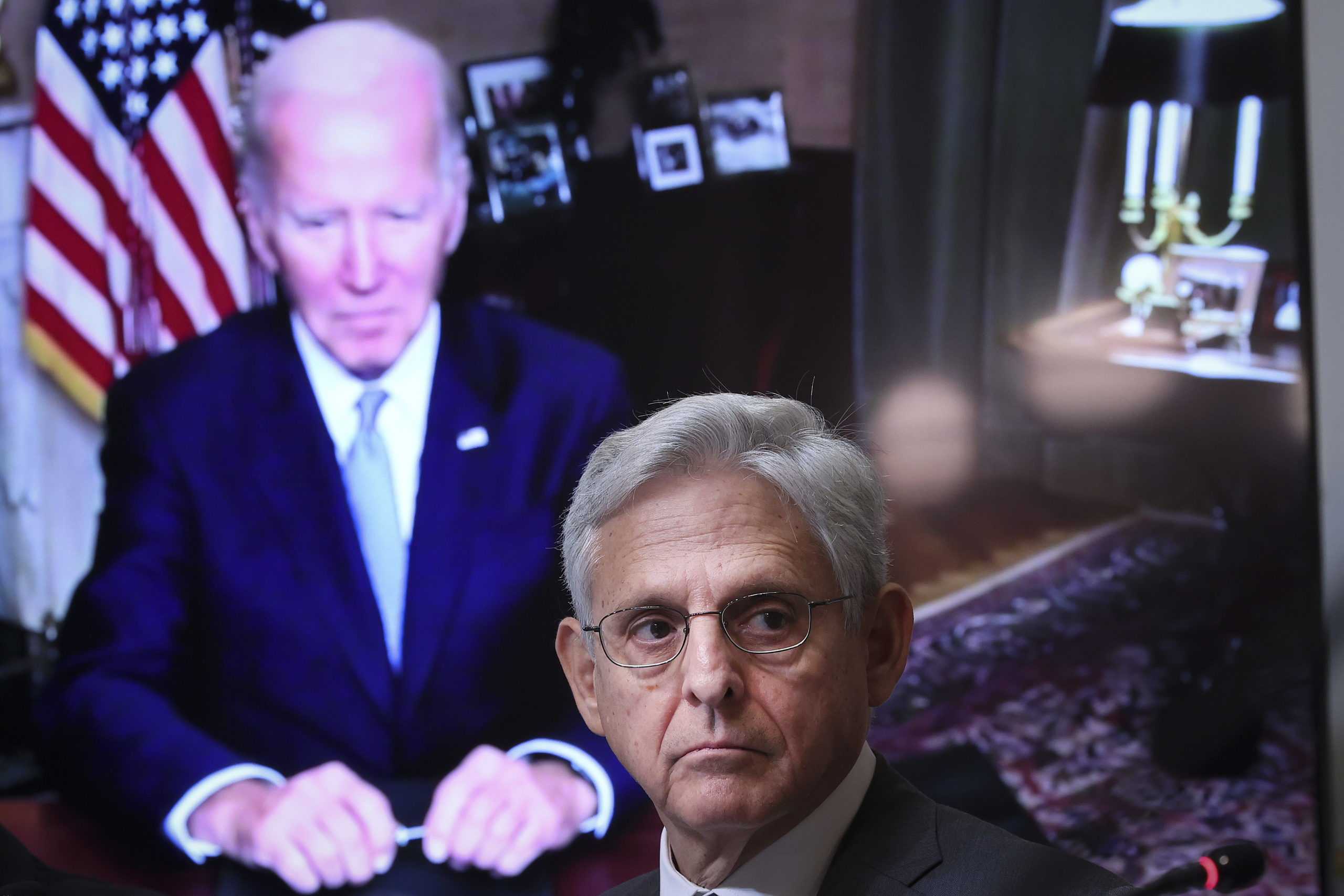Who Watches the Record Keepers?
A comparison of the Trump and Biden document cases

The National Archives and Records Administration (NARA), in accordance with the Presidential Records Act, assumed physical and legal custody of the Presidential records from the administrations of Barack Obama, George W. Bush, Bill Clinton, George H.W. Bush, and Ronald Reagan, when those Presidents left office.
Statement released by the National Archives and Records Administration (NARA) on October 11, 2022.
On January 9, 2023, the public was first made aware that the Penn Biden Center had custody of classified documents from Joe Biden’s time as Vice President, and there has been a steady drip of additional information since that time. We now know that contrary to the bizarre exonerating statement of NARA, the Obama administration’s presidential records were not, in fact, turned over, that Joe Biden retained numerous covered documents in his Delaware garage, and that, for some reason, Biden’s attorneys, the Department of Justice, and NARA are now suddenly aware of all of this.
There are dozens of conspiracy theories on the left and right about this news. Is the “Deep State” seeking to kneecap Biden, to install a more progressive president? Was the garage repository designed so that Hunter Biden could have access to Ukraine files? Is this designed to boost Donald Trump? More interesting, however, is what the incident and its likely response says about our three-branch government and the ever-growing power of bureaucrats over issues of American sovereignty. Especially now that classified documents have also been found at former Vice President Pence’s home, there’s a difficult needle to thread for Attorney General Merrick Garland and the new Congress.
Following President Nixon’s resignation from office, Congress passed and President Ford signed the Presidential Records Act into law in 1978. It is important to note that, first and foremost, that law is intended to do one and only one thing: to change the ownership of Presidential records from private to public. Justices on the Supreme Court and members of Congress still generally own documents they produce, but Presidents now generally do not. And it’s important to note that the law, like many record-keeping laws at the state level, does not leave it up to the courts to define what is and is not a “record.” Rather, in the absence of a statutory mechanism to turn over records, and the purely advisory role NARA plays, it is clear that there is no recourse to the courts to adjudicate these issues. Indeed, if the PRA operated as intended, the only time issues would get litigated in court would be when a former president sought to collect royalties from the United States for its use of presidential records, or perhaps when he sought to prevent publication of those records during his post-presidency.
However, due, in my estimation, to animus against former President Donald Trump, the media and the Biden administration sought to muddle and expand the meaning of this law in the public’s mind. Average Americans were told that Trump had intentionally stolen something that was not his to take and was of vital national security importance, and in the process he was likely to have broken several laws. And average Americans were told that no one had done this before—this was unprecedented. But this narrative is countered by subsequent facts—that the squeaky-clean Mike Pence and Barack Obama had done much the same, presumably on advice of counsel, and that Joe Biden had done at least the same, but was sloppier about it.
Who watches the record keepers? I have three top-line takeaways, any one of which could be explained in much greater detail. First, NARA has far outstripped its statutory role and the public has been bamboozled about its function. Given the to-date unexplained and hasty April 2022 resignation of David Ferriero, the prior Archivist of the United States, and the subsequent, unprecedented statement by NARA that all records of all prior administrations (other than Trump!) had been turned over, a statement now proved obviously false, it is incumbent upon the new Congress to investigate, impeach, and potentially remove Debra Wall, the current acting Archivist.
Subscribe Today
Get daily emails in your inbox
Second, the new Congress should consider legislation to clarify NARA’s role, and perhaps even repeal or amend the Presidential Records Act, both for the protection of Congress and because that act is of dubious constitutionality. Certain actions of the Justice Department and some federal courts could be construed to place even members of Congress in the crosshairs under their own recordkeeping responsibilities. Setting aside the constitutionality of the PRA, if Congress truly wants to live under a regime where the independent bureaucracy can make decisions, it might consider leaning in the other direction: making members’ records property of Congress, and defunding the ability of members to destroy records (as Pelosi surely did with her own J6 records prior to the new Congress).
Finally, all prospective conservative presidential campaigns, including that of Donald Trump, for whom I proudly served, should be cognizant of the playing field and should consider concrete steps to protect their agendas while serving the goal of transparency to Congress and the American people. This planning and execution should occur before, during, and after a presidential administration, because the knives are out. For example, one major error of the Trump administration, not repeated by the Biden lawyers, was to issue a granular memorandum to staffers about record-keeping duties: Such an action has no upside (the media will give no plaudits), but has the downside of providing possible evidence for specific intent to destroy records, unnecessarily binding an administration to a view of the PRA that it need not take.
It is certainly the case that the American public deserves to know how their government functions. But this does not merely mean preserving presidential records. Indeed, the right-to-know is so great that Congress cannot allow the media, a partisan attorney general, and his subordinates to set the agenda.